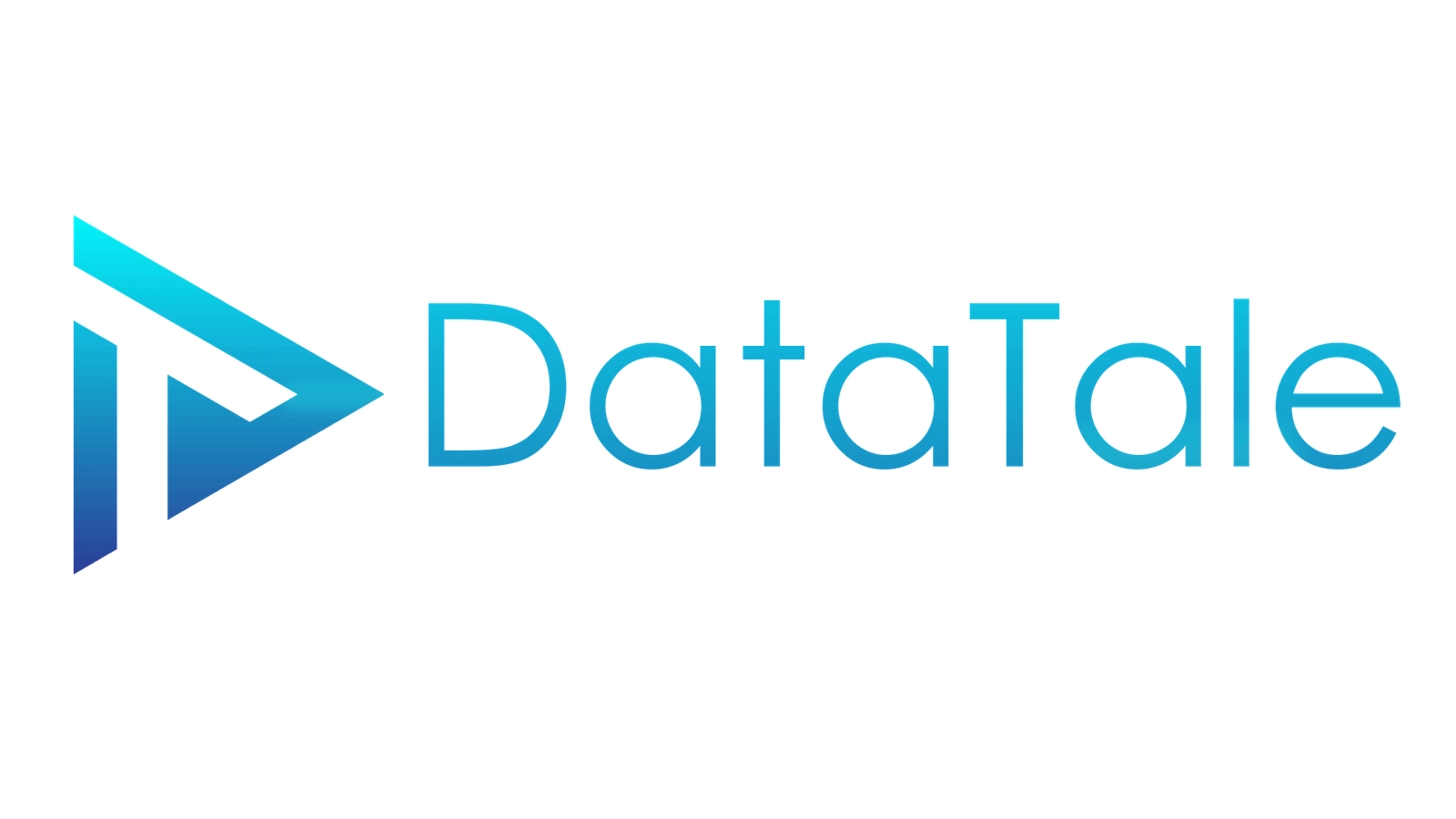Phone:
(647) 832-1316
In today’s digital landscape, the proliferation of data has transformed industries, driving innovation, and empowering businesses with valuable insights. However, as the volume and variety of data continue to expand, so do concerns surrounding data ethics and privacy. At DataTale, we recognize the critical importance of navigating these ethical considerations while harnessing the power of big data to drive meaningful outcomes for our clients. In this blog, we explore how DataTale addresses the complex intersection of data ethics and privacy in the age of Big Data.
Understanding the Challenges
The advent of Big Data brings forth a myriad of ethical and privacy challenges, including:
- Data Collection: The collection of vast amounts of data raises questions about consent, transparency, and the potential for data misuse or exploitation.
- Data Use: Once collected, the ethical use of data becomes paramount. Organizations must ensure that data is utilized in a manner that respects individual rights, avoids discrimination, and upholds ethical principles.
- Data Security: Safeguarding data against breaches, unauthorized access, and cyber threats is essential to protect individual privacy and prevent harm.
- Algorithmic Bias: Algorithms used for data analysis may inadvertently perpetuate biases, leading to unfair or discriminatory outcomes.
DataTale’s Ethical Framework
At DataTale, we adhere to a comprehensive ethical framework designed to guide our practices and decisions in handling data:
- Transparency and Consent: We prioritize transparency in our data collection practices, ensuring that individuals are fully informed about how their data will be used and obtaining explicit consent where necessary. We believe in empowering individuals to make informed choices about their data.
- Privacy by Design: Data privacy is ingrained into our processes from the outset. We adopt a “privacy by design” approach, implementing robust privacy measures and data protection protocols throughout the data life-cycle.
- Data Minimization: We advocate for the principle of data minimization, collecting only the data that is necessary for achieving specific, legitimate purposes. By minimizing the amount of data collected, we reduce the risk of privacy breaches and data misuse.
- Fairness and Non-Discrimination: We are committed to fairness and non-discrimination in our data analysis practices. We strive to identify and mitigate algorithmic biases, ensuring that our data-driven insights do not perpetuate or exacerbate existing inequalities.
- Data Security: Protecting the security of our clients’ data is a top priority. We employ state-of-the-art security measures, encryption techniques, and access controls to safeguard data against unauthorized access, breaches, and cyber threats.
Practical Implementation
- Client Education: We educate our clients about the ethical implications of data use and provide guidance on best practices for ethical data management. By fostering a culture of ethical awareness, we empower our clients to make responsible data-driven decisions.
- Ethical Guidelines: We have developed internal ethical guidelines and protocols that govern our data handling practices. These guidelines serve as a framework for ensuring ethical conduct and accountability across all stages of the data lifecycle.
- Ethics Review Boards: For projects involving sensitive data or potential ethical implications, DataTale may establish ethics review boards comprised of experts in data ethics, privacy, and related fields. These boards provide oversight and guidance to ensure that projects are conducted in an ethically responsible manner.
- Continuous Evaluation and Improvement: We regularly review and evaluate our data ethics practices to identify areas for improvement and adaptation to evolving ethical standards and regulatory requirements. By remaining proactive and responsive, we strive to maintain the highest ethical standards in our work.
Case Study: Data Ethics in Action
Consider a scenario where DataTale is tasked with developing a predictive analytics model for a healthcare provider to improve patient outcomes. In this case:
- Transparency: DataTale ensures that patients are informed about the data collected, how it will be used, and the potential implications for their privacy and care.
- Privacy: DataTale implements robust data protection measures to safeguard patient confidentiality and comply with healthcare privacy regulations such as HIPAA.
- Fairness: DataTale conducts rigorous testing and validation to identify and mitigate biases in the predictive model, ensuring that healthcare decisions are fair and unbiased.
- Security: DataTale employs encryption, access controls, and other security measures to protect patient data against unauthorized access and breaches.
Conclusion
In the age of Big Data, navigating the ethical complexities of data use is paramount. At DataTale, we are committed to promoting ethical data practices, respecting individual privacy rights, and fostering trust in data-driven decision-making. By adhering to a comprehensive ethical framework, we empower our clients to harness the transformative potential of data analytics while upholding the highest standards of ethics and integrity. Together, we can unlock the benefits of Big Data while safeguarding individual privacy and societal well-being.

